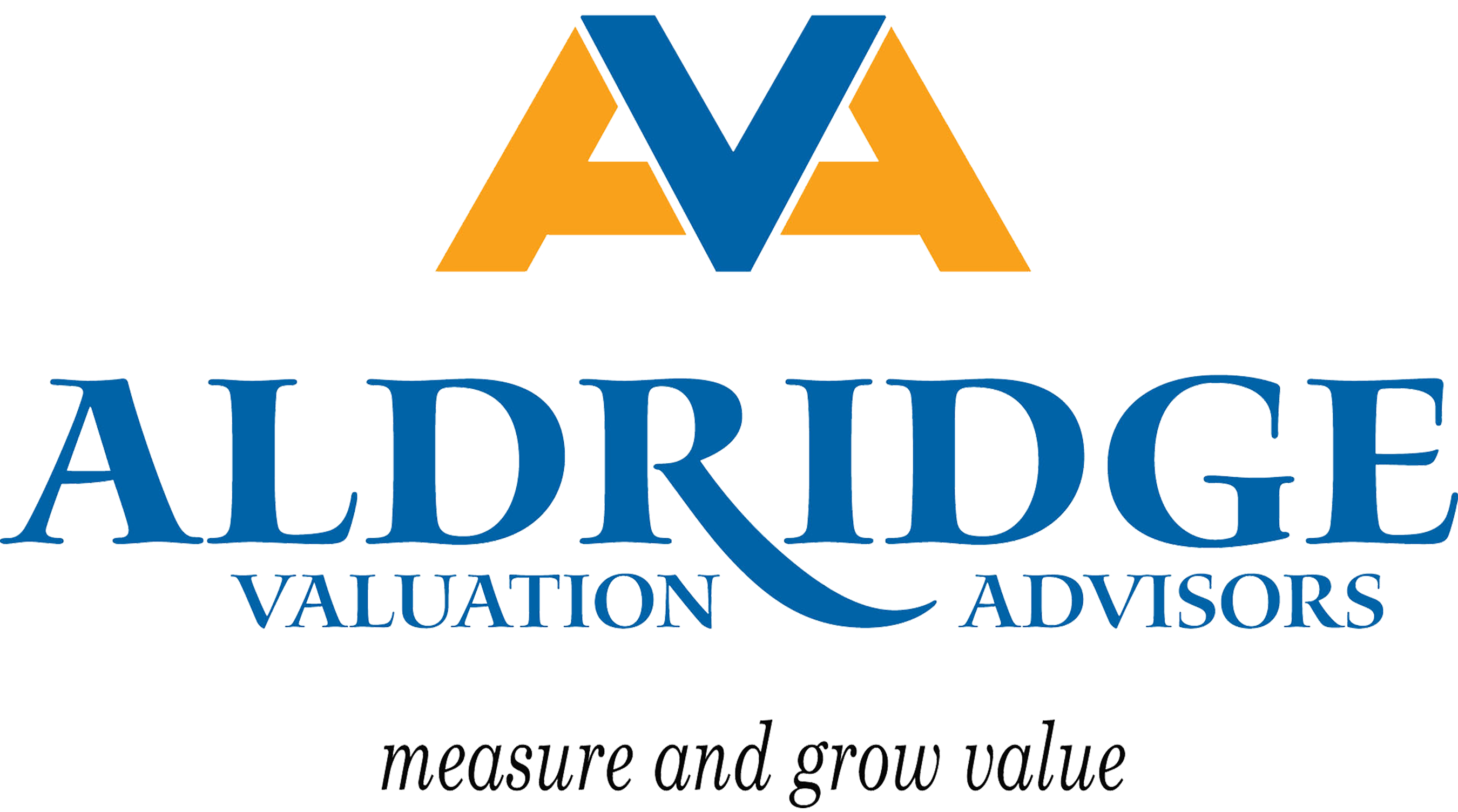I was driving home yesterday on the interstate during Nashville rush hour. Although busy, traffic flowed smoothly. As I was driving, I focused on what was in front of me through the windshield. However, as I changed lanes, I checked my review mirror and side mirrors to see what me was behind and beside me, so I could navigate safely.
Before we look ahead into 2019, let’s check our review mirror and look back at 2018.
“But Gary, 2018 isn’t over yet, we still have 4 weeks left to go!”
Newsflash! 2018 is basically over. Done. Complete. Finished. There is very little if anything you can do to change 2018 at this point.
“But Gary, we don’t have our year-end financial statements yet. How can we review 2018?” You should have 10 months of information now, 11 months shortly, and be able to project the rest of the year with accuracy. Besides, if you wait until late January or worse, into February, to review your year-end financials, you will be 1-2 months behind for 2019.
Your competition is not waiting that long. Here are three simple questions to review 2018:
1. Did the value of your business increase from 2017 to 2018? I am not asking if your sales increased or whether you met your budget or not. Budgets are helpful tools to use throughout the year, but that is not the question. In order to get the right answer, we must ask the right question:
Did your business value increase or not? “Probably,” “I think so” or “I feel good about it” are not acceptable answers.
You need to know.
2. How much did your business value change?
If you did not have a business valuation done at end of 2017, then you really won’t know if your value increased or not. All you can do is guess.
Let me explain it another way: College football is at a feverous pitch right now.People want to know where their team stands. Is my team in the playoffs, or not? Is my team going to a bowl game, or not? Is my team going to a “good” bowl game, or not? Answers to these questions are on the scoreboard after each game. That is why they keep score, to determine who wins. In fact, coaches look at the scoreboard throughout the game and adjust as needed so they come out on top.
To increase the value of your business, you should know where you are now and make plans to increase the value for 2019.
Publicly held companies know their business value every second of every day. The market is highly efficient for publicly traded companies.Price per share multiplied by number of shares outstanding equals business value. This value considers several things such as sales, EBITDA, competition, management, debt, risk, technology, regulation, etc. Executives are highly motivated to increase the value of the business and are compensated accordingly.
Privately held businesses do not know their business value as easily. The market is inefficient for privately held companies. By inefficient, I mean that you don’t know your business value every second of every day. You need professional assistance to determine your business value.
3. Why did your value increase, decrease, or stay the same during 2018?
“Why” is a marvelous question. We certainly want to know “what” happened, but we should always follow that up with “why.” What happened in 2018 to change the value of your business? Why did that happen? Why did sales increase or decrease? Why did cost of goods sold or cost of service sold increase or decrease? Why did we have positive net income, but our cash decreased?
Once you start thinking in terms of growing value, you will begin to see things differently.
In summary, ask yourself and your management team these 3 questions:
• Did your business value increase or decrease?
• How much did it increase or decrease?
• Why did it increase or decrease?
You need to know.
If you have any questions about measuring and growing the value of your business, please contact me for a free conversation at [email protected]
